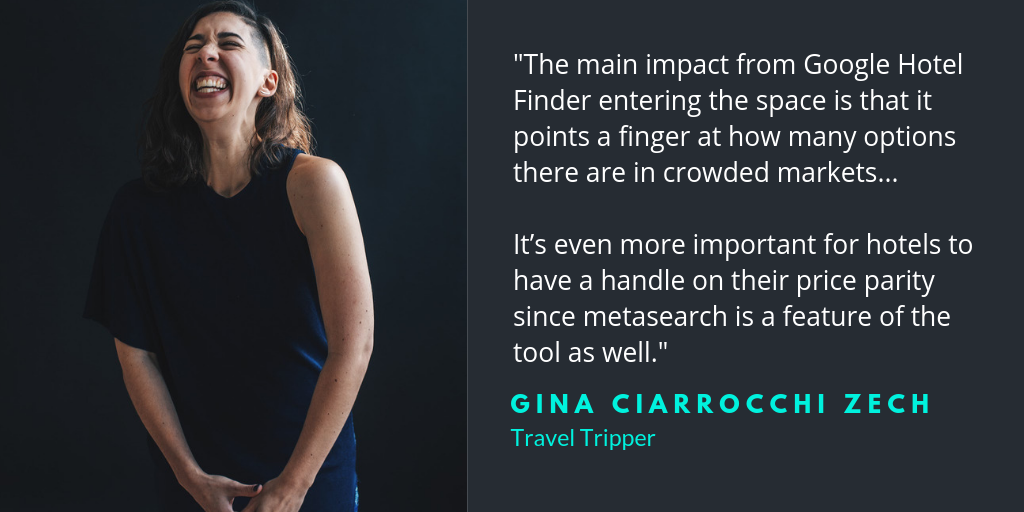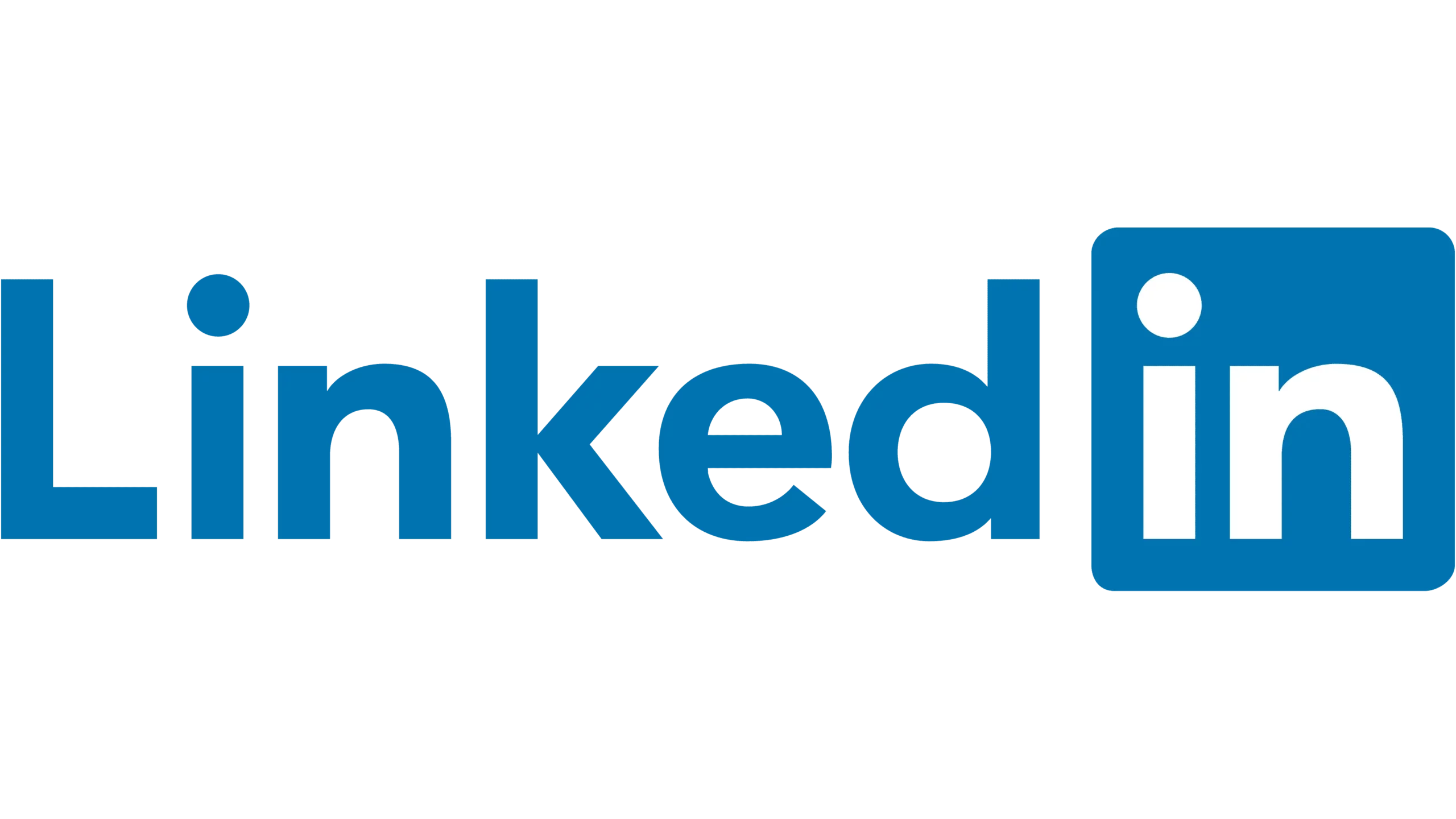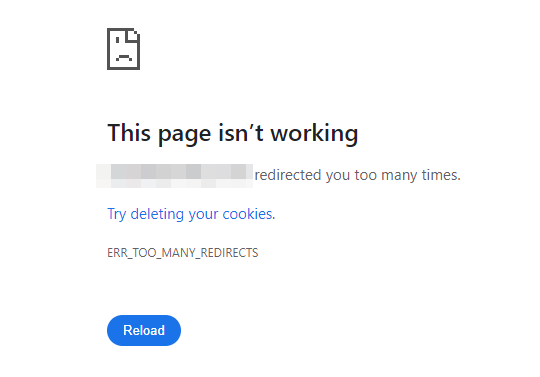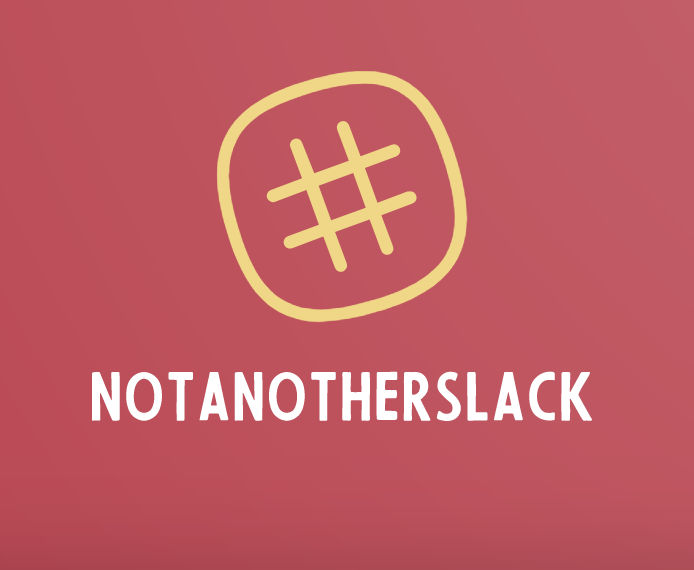I’ve worked alongside Gina Ciarrocchi Zech for a few years (in a remote sense anyway!) during my time as SEO Manager at Travel Tripper. Gina’s based in Pennsylvania and works with the Paid Marketing team where she helps hotels to grow their online bookings through highly targeted search campaigns (amongst other things!).
Gina’s worked with some of the world’s leading boutique hotel brands, and has amassed a wealth of experience within the hospitality sector. At present she’s managing over $2 million in yearly ad spend across a variety of hotel properties - so it probably helps that she’s also a Reiki practitioner, as well as a yoga teacher!
She’s kindly agreed to participate in my latest hotel search marketing Q & A, where I’ve decided to bombard her with a wide range of (sometimes-meandering) paid, organic, and social marketing questions.
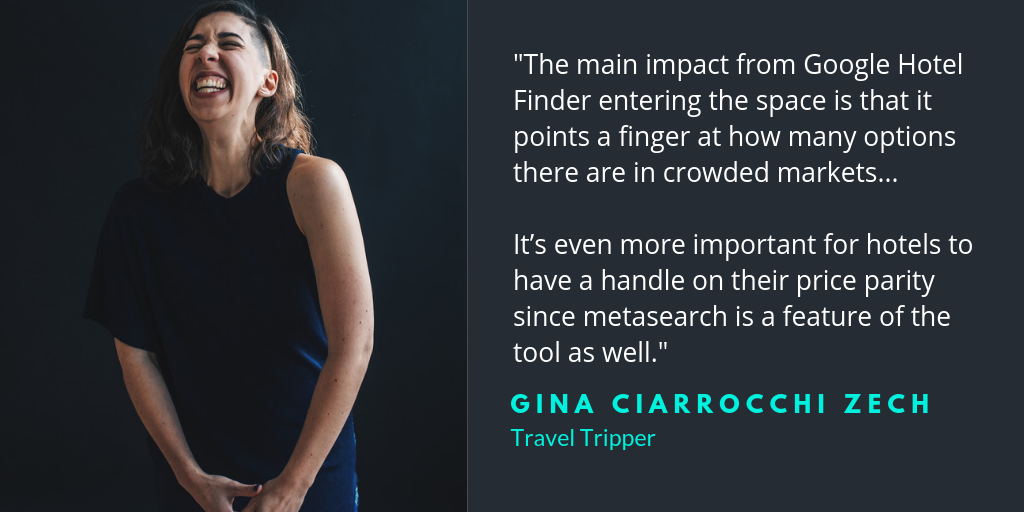
#1 - With the launch of Google’s hotel booking tool which allows guests to seamlessly book a stay at a hotel without even visiting the hotel’s website, what kind of impact, if any, do you think this might have on hotels? Are Google making it easier for hotels to sell rooms, or are they just looking to monetise this particular market even further?
There are really two elements at play here -- one is Google’s “Easy Booking on Google” functionality that keeps a user’s booking experience limited to Google, and then two is Google Hotel Finder, a planning experience that helps users hone in on where exactly they want to stay in a given destination...
For the first point, TripAdvisor Instant Booking has a similar functionality in terms of eliminating the hotel website from the equation, so I think it was only a matter of time before Google released a capability in the same vein. Ultimately, the hotel will see business even when the booking experience doesn’t hit the direct website, just as they would with any other OTA-type partner. They'll need to judge whether that business is cost-efficient based on the commission they agree to with their metasearch provider and, in the case of independent hotels, whether the "Easy Booking on Google" juice is worth the squeeze as it adversely impacts their direct revenue contribution.
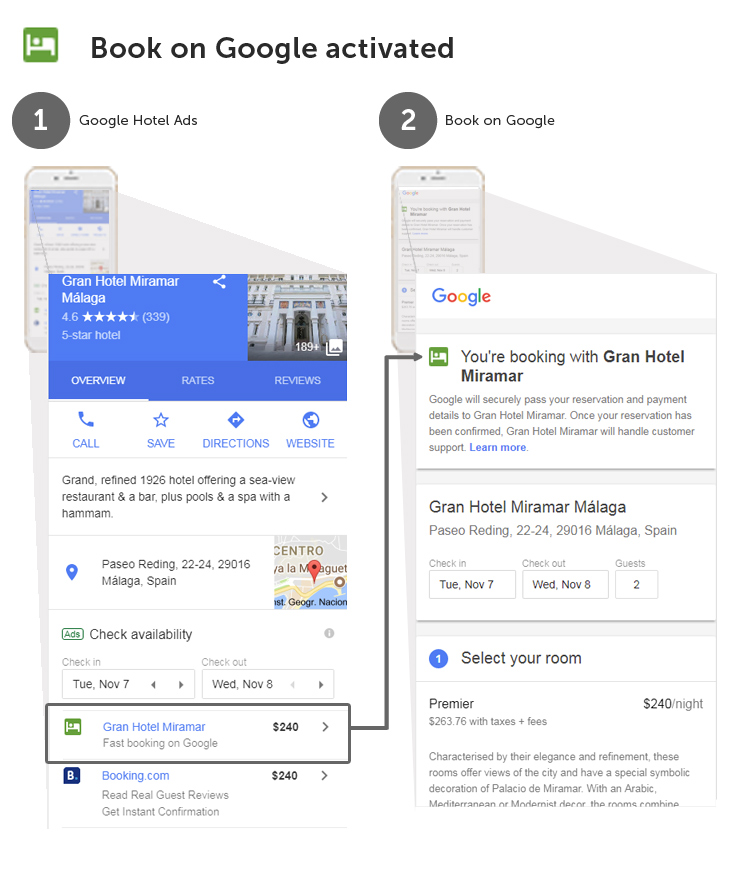
Screenshot showing the Book on Google for Hotels feature - as taken from Mirai's website
For the second point, Google Hotel Finder has all the familiar symptoms of a decision that monetizes the market plus a sweet side benefit of simplifying the experience for users especially in markets where there’s a lot of supply. The main impact from Google Hotel Finder entering the space is that it points a finger at how many options there are in crowded markets -- as if anyone needed more reminders! It’s even more important for hotels to have a handle on their price parity since metasearch is a feature of the tool as well.
#2 - Following on from the above, how essential (or not) do you think it is that hotels now participate within the Google Hotel Ads program? Is this metasearch channel something all hotels should be leaving budget aside for, or is it only suitable for a select few?
Metasearch is an essential tool in the bag of party favors any hotel should see from their digital partners, even before the release of Google Hotel Finder got us talking about it even more. The biggest reason why is that it's inventory-based. If the hotel doesn't have availability on a date that the user is shopping, their official listing won't show. Ultimately, if the price meets or beats other advertisers in the space, the hotel will see good performance from it. If the property has a solid handle of what they’re offering and where, it should be a quick win for them.
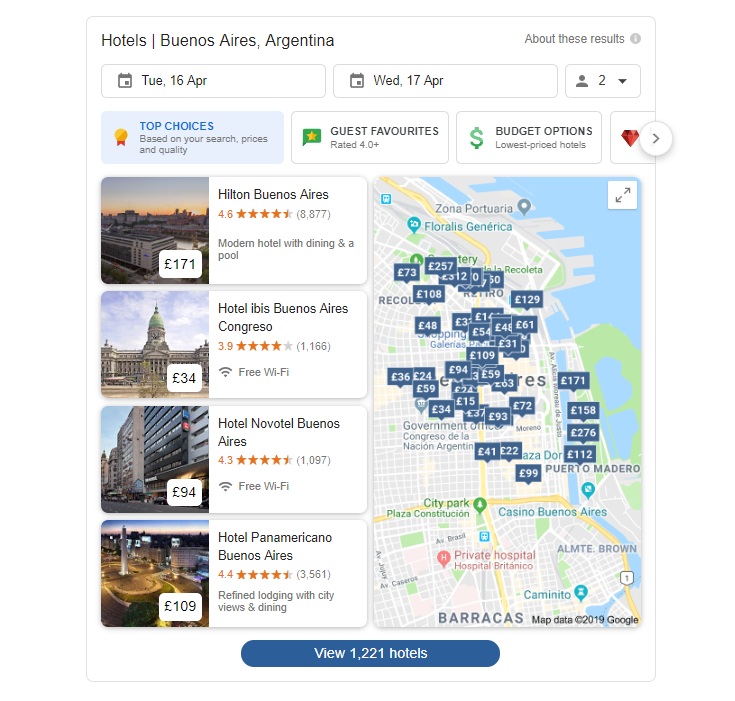
Prices are shown in the visual below via participation in the Hotel Ads / Metasearch product (could be through the hotel or an OTA)
#2 - Back in February of 2018 AirBnb announced that the platform would become accessible to hotels. Recently they completed a merger with HotelTonight. Do you think it’s important for hotels to be more mindful of AirBnb as a potential platform for improved visibility, such as the way an OTA like Booking.com could be utilised? Or is it best to continue with the traditional “direct is best” battle?
I will always advocate to prioritize direct bookings above other channels, but for some hotels, putting all their eggs in the direct basket when it isn’t moving fast enough and they need to have business on the books is easier said than done. We also see a relationship between hotels’ visibility on OTAs and their website traffic. In other words, if there’s a severe decline in position on OTAs’ sites, it’s possible we’ll see a coordinated dip in traffic, and the reverse is true as well. At the end of the day with any new potential partners in the space, it’s important to remember that nothing (whether it drives direct or OTA production) functions in a vacuum.
#4 - Out of all the Paid Media channels available to hotels currently, which do you feel has the best ROI potential? If a hotel is limited on budget, where would you recommend they focused their spend?
Metasearch has the potential to generate a strong ROI. Given that it hinges on availability and displays when the user has shown interest by actively navigating to the property’s listing on the metasearch site, it's a good win a property of any size or service level no matter the season. If the hotel is limited on media budget, this would be one of the first channels I’d recommend and, if it generates a solid ROI, then a commission-based model would be worth considering to stretch the available dollars a little further.
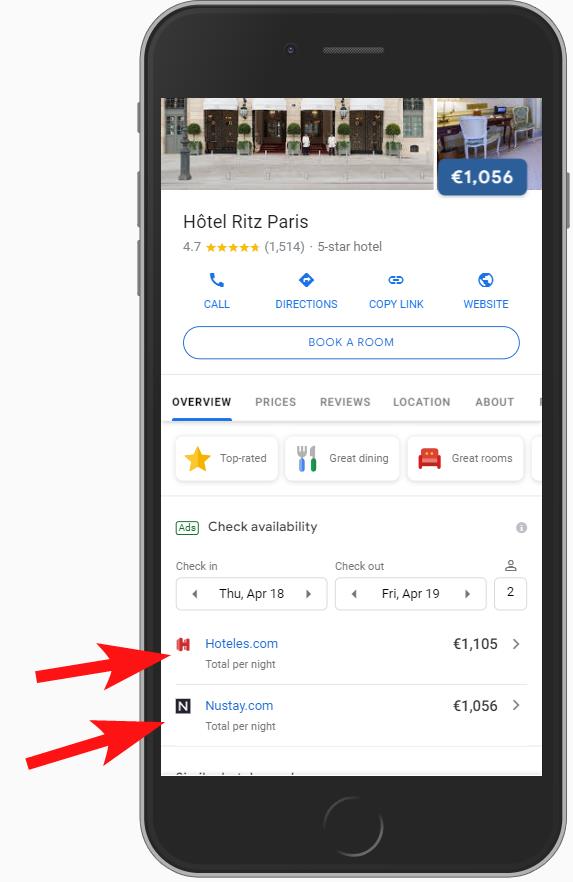
An example of Google's meta search for hotels, also known as Google Hotel Ads. Two participants (OTA's in this case) are highlighted.
#5 - Traditionally, using social media for generating actual hotel bookings has been a tough gig. Have you seen many hotels that have been able to achieve good ROI’s from the likes of Facebook and Instagram, or should it solely be seen as a vehicle for better brand awareness instead, or experience marketing?
Depending on the property, social media ads can produce a significant portion of their overall digital marketing efforts. For a 500-room hotel that I’ve worked with in NYC, social media ads made up 28% of their total paid media revenue in one quarter. With the rise in mobile purchasing behavior and the rise in social media use by all demographics, apps have integrated more functionality to make users more comfortable with staying in-app to browse and eventually buy. Case in point is Facebook Hotel Ads, which dynamically integrates values from the hotel’s booking engine, sends users to a booking engine deeplink based on their position in the funnel, and allows them to book from there. If and when the pendulum of social media usage swings back the other way, we’ll see performance shifts. But for right now, paid social plays are a lever that’s worth pulling and judging ROI from there.
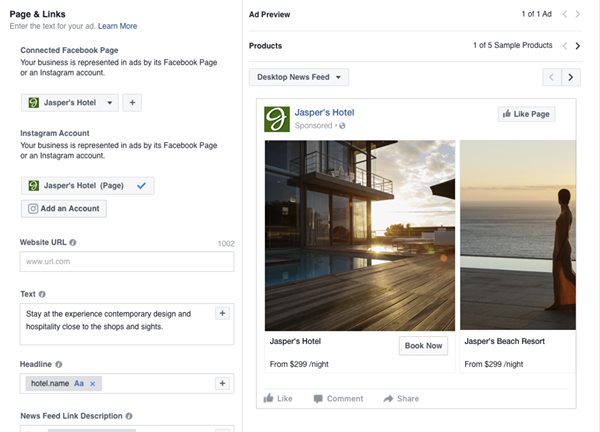
Preview of the Facebook advertising setup for hotels
#6 - Previously I’ve managed a few YouTube TrueView video campaigns, which were utilised to help raise awareness of a hotels newly-opened wedding venue, on a hyper-local scale. Is YouTube a platform that many hotels in the United States are looking to, for helping to promote their hotel? Do you think it might have potential for non-booking promotions?
YouTube campaigns definitely have promise in both booking and awareness contexts. Video helps reinforce a brand’s unique perspective, so layering in a remarketing audience with a high quality video that showcases a hotel’s strong point of view, is a solid tool to stimulate bookings and awareness simultaneously.
Outside of driving bookings, hospitality digital marketers are always trying to get creative as it relates to non-booking aspects of hotels like meetings & events. The plus side for a push like this is that there are plenty of audience targeting capabilities via different advertising products to really hone in on that ideal customer. Still, it seems like where the buck stops is putting together the necessary assets since good quality video for some properties is hard to come by. If it can be done, though, then it's a strategy I'd be behind.
#7 - What’s your opinion on the brand-jacking of a rival hotel through PPC ads on Google? We see if often enough outside the hospitality industry, especially for SAAS tools.
Would you try to talk a client out of bidding on a competitor's hotel name (even if they aren’t running any ads currently), or do you think it could work? Would it be enough to use the homepage of the hotel, or would it warrant a “Hotel ABC vs Hotel XYZ” hidden landing page, detailing why they’re better?
Surprisingly enough, this has been a conversation I've had with properties only a handful of times since most hotels are gun-shy about potentially causing a bidding war with another hotel -- even though their biggest competitors in the SERP are OTAs! I typically recommend against a pure competitor keyword buy without any other variables at play to eliminate the possibility of a bidding war and I'd definitely recommend against anything that explicitly compares the hotel against its competitors. From a branding perspective, it doesn’t really accentuate the value of what they’re offering in a good light..
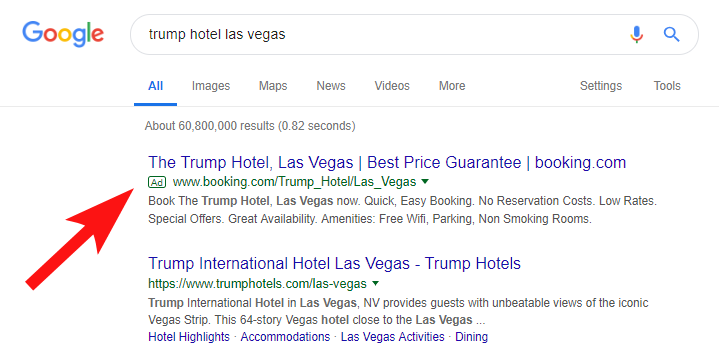
If you don't cover your hotel's brand search volume you leave yourself open to losing the direct booking - so are probably paying more for the booking.
If the hotel in question is in a saturated market, it may be a good idea to buy competitor keywords with a remarketing list layered in so ads only display to users who bounced from the hotel’s website before booking and are searching for their competitors. We would end up losing a good bit of impression share due to rank for something like this given the lack of contextual relevance, but the potential for a decent ROI on a small amount of volume is probable.
#8 - Wil Reynolds of Seer Interactive recently posted about how an employee accidentally had a client overspend of over $200,000 (with a client that was already scheduled to leave Seer’s management). What’s been your biggest ball drop to date - if any?!
Rough! I've actually never had a flub as large as that (I hope you can hear my knuckles knocking on my desk right now). In one of my first jobs, I actually got called out by a client for underspending by 50% even though my reasoning was a less than ideal ROI, so I think that put a fear of overspending in me pretty quickly in my career. Even after that moment, though, I have blown through an IO for an effort by the 4th day of the month, which meant that it was dark for the remaining 27 days of the month... eek! After that happened, I began a manual budget pacing routine at the end and beginning of every month to make sure all my T's are crossed.
#9 - As a fellow remote worker, what do you love most about being able to work where you like? And what do you miss the most about not working within a company?
I've always been a super independent worker, so the schedule freedom is definitely paramount for me. Being on a global remote team, I'm not bound to specific hours, outside of scheduled meetings, and I'm free to get shit done and live my life at the same time -- by and large, it's the most fulfilling situation I've experienced so far in my career. Working remotely also removes a lot of bureaucracy that comes along with office environments. I’ve found that I’m able to feel more open and transparent with my colleagues because I work primarily from the place where I feel the most comfortable -- my house.
Even though remote work gives the opportunity to work from anywhere, I still prefer to work from in my house. I have my extra monitors, I know I can count on my WiFi, it's quiet, and I can concentrate. Sometimes I do get too in the zone, though, and need to go out and mingle amongst civilization to get out of my own head. Coffee shops are great for that and I've achieved my goal of being on a first name basis with my barista.
#10 - Hypothetical question time! Let’s say a brand new, 100-room boutique property is opening up in a great location within downtown New York. As it’s a new hotel there’s no historic web presence to rely on - everything is starting from scratch. You’re given a $10K monthly budget, to cover all channels of digital, and a new website will be launching shortly.
The hotel is asking you for advice - they want to ensure people know about the new property as well as picking up online traffic and bookings. What do you recommend?
For an unestablished independent property in the heart of NYC, I'd probably recommend a larger budget than $10K! In all seriousness, the approach would have a heavy focus on upper-funnel efforts to start with incremental increases in lower-funnel efforts as the brand gains traction.
Given the hyper-competitive SERP for hotels, I would start by estimating the amount of budget that I'd assign to brand keywords, and then allocate the remainder to tactics that would canvas the top/middle of the conversion funnel to drive brand recognition -- I would include non-brand keywords and display campaigns that utilize a combo platter of audience targeting to hone in on the property's ideal customer in that mix.
As the brand becomes established, then the upper-funnel strategies would become more "as needed" and less "business as usual," freeing up opportunity to fund lower-funnel tactics like metasearch further.
#11 - Apart from being Reiki attuned (whatever that means!), and a Yoga teacher…. What do you like to get up to? Any favourite places you’ve travelled to in the past, or favourite hotels?
Can't live without yoga and reiki (energy work)! I'm also a huge advocate of meditation, and that's usually how I start and end my day. I do like to keep my brain “on” though, so you'd likely find me reading or working with some pretty esoteric subjects (existential philosophy, hermeticism, metaphysics, and divination to name a few!).
My ideal hotel is small, an “oasis away from the hustle” kind of vibe, and has a strong character and very clear point of view that resonates in everything they do from F&B to programming to the design of their rooms. I'm literally obsessed with little details, so if it’s thoughtful in every way, I’m sold.
One of my favorite places that checks all those boxes is The Caves in Negril, Jamaica. I’m headed to a fly-in only lodge just north of Anchorage, Alaska in September and a remote island south of Tulum, Mexico, after that!

